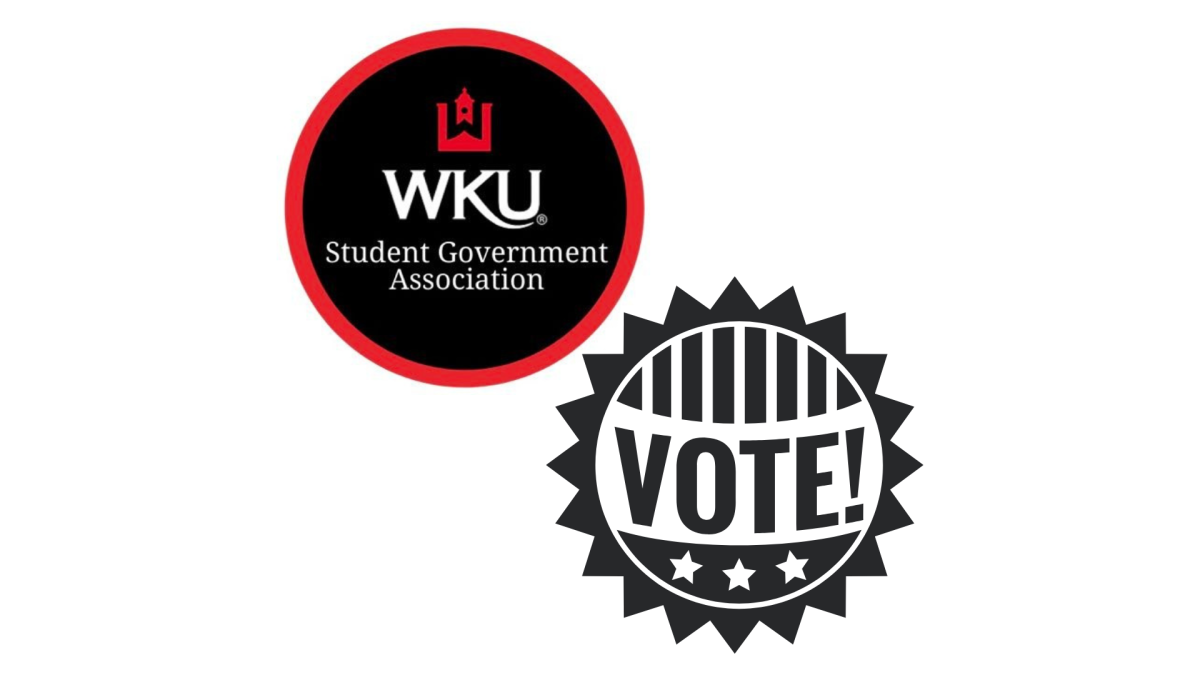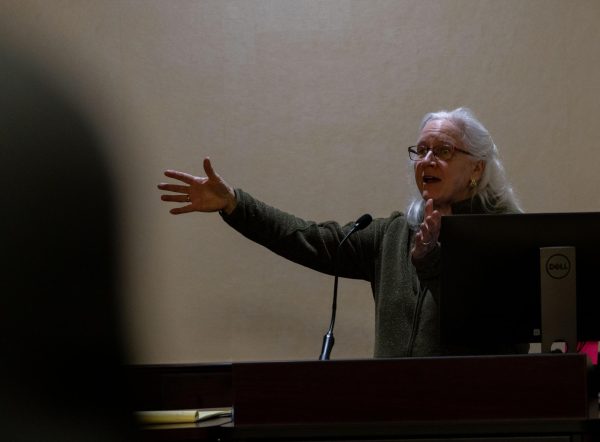SGA passes one bill in Tuesday’s meeting
September 17, 2014
The Student Government Association meeting that occurred on Sept. 16 discussed several possible paths for students’ pockets.
The only bill that passed Tuesday was Bill 3-14-F, Funding For the Transcript Voucher Program. Bill 3-14-F allocates $500 to a program that allows 60 students to obtain a voucher that will cover the cost of an official transcript request.
“We don’t discriminate in terms of who gets them,” said Academic Affairs Committee Chair Josh Knight, the bill’s author. “It’s just first come, first serve.”
Currently, official transcript requests are priced at $7 each.
Knight said $7 may not seem like a lot, but knows that some students cannot carry the extra expense.
Two vouchers are permitted per student. SGA will consider increasing the number of vouchers if the necessity from students arises.
Parking remains an issue for students and SGA intends to alleviate the problems.
SGA Campus Improvements Committee Chair Tyler Scaff said the Office of Sustainability might be able to help with the situation.
“If possible we can expand the Big Red Bikes program to mitigate the parking situation,” said Scaff.
The WKU Big Red Bikes program rents bikes to students free of charge. This program serves to make biking more accessible for students and if it is expanded, then more students could benefit from the program.
One discussion in the university committee reports involved a fee students pay.
University Athletic Committee Representative William Berry said the current athletics fee for students, $212 a semester, has the potential to rise in upcoming years.
“It’s not a for sure thing at this point, it’s just in the talks,” he said.
However, present fees are comparatively low to other universities in Conference USA, said Berry. Berry said the fees cover the cost of police security at games and debt payments on the Diddle Arena.
Student athletic fees may escalate if the NCAA passes the stipend to pay college athletes, said Berry.
“There has been a lot of debate about starting to pay college athletes for the services they provide to the university,” he said. “They do bring in revenue through ticket sales, merchandise sales and they are not compensated with cash.”
Others debate that college athletes already receive scholarships and financial aid, Berry said.
“As a solution, what the NCAA is working on is the opportunity to stipend a student for a semester to cover the difference of the cost of their scholarship and what the school sets as the cost for attendance,” he said.
Money for the stipend would come from athletic fees and ticket sales.
Students may also experience raised fees due to entering a new conference, Conference USA. Presently, there is no guaranteed upsurge of costs for students, but rather it remains a possibility.
Berry said being in Conference USA allows the university to become more self-sustaining in the athletic department.
“We have a great opportunity with the Conference USA TV package,” he said. “So, that was a big benefit of moving into that.”
Winter term and study abroad scholarship applications are available online and are due Oct. 17.
The next meeting is scheduled for Sept. 23.

























